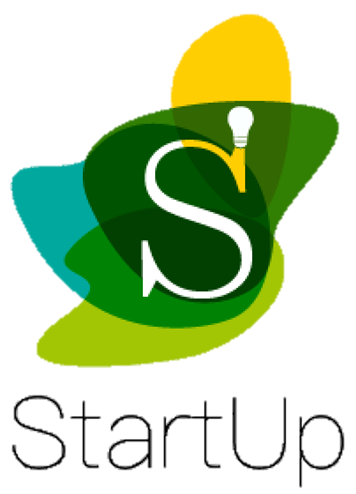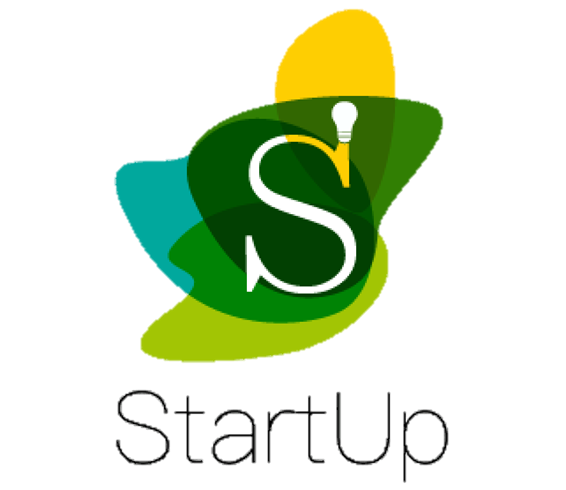Seventy-seven (77) respondents from all partner countries (Malaysia, UK, Chile, and Greece) filled in the online questionnaire (using the platform of Google forms) in order to evaluate the Online Training of the STARTUP project. The questionnaire consisted of 23 questions, mixed multiple choice and open questions. The summary of the results is as follows:
The expectations of the participants in the e-learning course were to learn methods on how to support people with disabilities in their journey of entrepreneurship, review new approaches to entrepreneurship, to gain competences of supporting people with disabilities in general, and to learn about tools of labour inclusion.
They were questioned in a scale of 1-6 (1 = “not quite” and 6 = “exceeded my expectations”) and 85.3% of them mentioned that their expectations were highly met (at least 4/6).
Participants spent from 4 to 10 hours on the course on average. They thought that the duration was appropriate to acquire the knowledge that they sought.
The training contents in regards to the amount of knowledge gained was rated highly. 83.2% of the participants rated the amount of knowledge gained high (at least 4/6).
The contents of the course started with a clarification of values necessary for a person working with people with disabilities. The participants found the values well reflected throughout the course, which was an important finding to the partnership. Participants believed that people with disabilities were reflected in a positive way along the course, and enhanced the view that with the correct support, a person with disability can start along an entrepreneurial path. More specifically, they thought that values of diversity, compassion, empathy and positive attitude and outlook were very well reflected throughout the course.
When asked whether the Business Development module gave them enough information to start a conversation about enterprise as a rote to work, 98.7% of them answered in a positive manner (64.9% yes, 33.8% maybe).
The structure and organisation of the training were rated highly, with 83.2% of the participants rating it highly (at least 4/6), and they believed that the Support module outlined well the importance of support and the personal qualities and characteristics of the worker.
Regarding the assessments of the course, 78.4% believed that they were appropriate to test the learning adequately.
The materials given during the training (presentations, activity sheets, check-lists) were rated highly, with 83.2% rating them highly (at least 4/6)
The participants believed that they had sufficient support by the national coordinators if they had questions. Not all of the participants had contact, but 88% of them did not face an obstacle in this aspect.
The participants also listed their takeaways from the course, which were numerous. For an indication, here are listed a few examples/quotes:
“Feeling more prepared and confident in supporting PWDs on their entrepreneurship journey.”
“Have a better understanding about myself as a support worker.”
“Have a better understanding about the issues faced by entrepreneurs with disabilities.”
“The Entrepreneurship Competence Framework – very helpful for readiness assessment.”
“Supports Intensity Scale – expand understanding of the range and specific challenges respectively.”
“4 Ps of Marketing.”
“That no idea is a bad idea. It’s all about finding ways to support the individual to realise their dream.”
“Person-centered approach – The entrepreneur is the ‘driver’ of the process and we are to support them.”
“Creating a community to support is necessary for an individual to thrive”
When they were asked what they found challenging, they mentioned that they would have liked to have more time to address all the aspects of a very rich and very detailed course, and they believed that some of the thematics were a bit too long to complete in one day. Last but not least, for some of the non-native English speakers, it was a challenge to follow all content which was not in their language. This feedback was read by the partners and was discussed in order to improve for the future.
Participants mentioned that they will use the knowledge gained in their work (and for some in their personal lives), and they will use it as inspiration in order to get better informed about the topics of entrepreneurship and disability.


